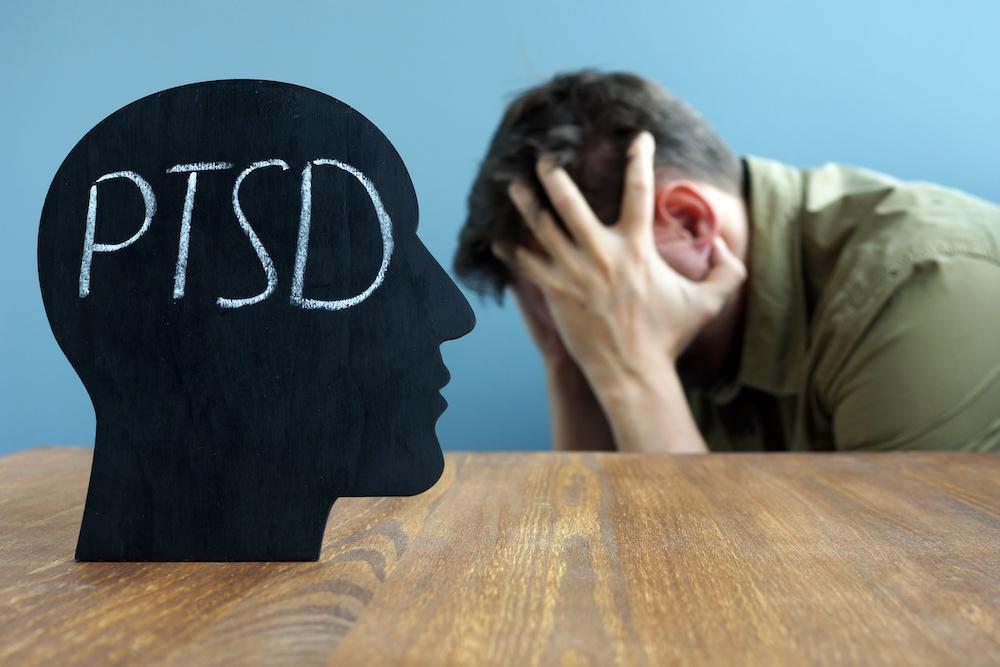Even though most people think of post-traumatic stress disorder (PTSD) as a problem that only affects soldiers and other people who’ve witnessed violent or traumatic events, the fact is, PTSD can affect anyone. In fact, sources estimate that PTSD affects about 3.5% of adults in the United States every year.
PTSD is a type of severe anxiety disorder, and it’s triggered by a traumatic event you witness or hear about from someone else. Like other types of anxiety, PTSD causes symptoms that can take a major toll on your emotional health and physical wellness.
At Scottsdale Ketamine Clinic in Scottsdale, Arizona, Ethan Philpott, MD, uses state-of-the-art ketamine infusions to help PTSD patients manage their symptoms and improve their overall quality of life. If you think you might be suffering from PTSD, here are some of the most common warning signs to watch for.
Recognizing PTSD
PTSD is similar to some other types of anxiety, but there are some key characteristics that set it apart. Typically, people who have PTSD have the following signs and symptoms.
Persistent negative thinking
In PTSD, negative thinking is about more than thinking the glass is half full. People with PTSD may find themselves assaulted by negative thoughts and feelings about themselves, their achievements, and even their friends and loved ones.
Over time, these negative thinking patterns can result in low self-esteem and a deep distrust of other people and the world around you. Persistent negative thinking can make it difficult to enjoy any aspect of your life, and this could interfere with your ability to hold a job or create meaningful relationships with others.
Intrusive thoughts or images
For people without PTSD, moving past a traumatic event is something that happens gradually, over time. But those who have the condition often never move past the traumatic memories on their own.
People with PTSD are routinely haunted by intrusive thoughts or memories of the event, suffering from vivid flashbacks and nightmares that can make them afraid to go to sleep. Memories of a traumatic event can even trigger physical symptoms, such as pain, sweating, and a rapid heartbeat.
Moodiness and reactive behavior
Like other types of anxiety, PTSD can also affect your mood and cause you to be irritable and even aggressive in your reactions to other people or in certain situations. Many people find it hard to concentrate, or they may feel like they’re constantly on “high alert,” which is a PTSD symptom referred to as “hypervigilance.”
Avoidance behaviors
Because PTSD is usually linked with places, people, or activities, many people try to reduce their symptoms by avoiding those triggers. While that may be helpful in limited circumstances, for many people, avoidance can interfere with their day-to-day lives and cause feelings of dissatisfaction and depression.
Ketamine therapy for PTSD
Without medical intervention, PTSD symptoms can worsen dramatically over time. Therapy and traditional medications can be helpful in treating some people with PTSD, but they don’t work for everyone.
That’s where ketamine infusions can help. Ketamine is an anesthetic that works by enhancing nerve signaling in the cerebral cortex, the part of the brain that’s most affected by PTSD. Infusions promote the production of glutamate, a potent neurotransmitter that can improve communication between nerves that are affected by PTSD and depression.
Infusions are performed right in the office, and they can be repeated to enhance your results and provide long-term relief from PTSD symptoms. Research shows ketamine infusion therapy is a very effective treatment for PTSD and the depression that often accompanies it.
If you suffer from PTSD, ketamine infusions could be the solution you’ve been looking for. To learn more about ketamine infusions and the role they could play in helping you feel better, book an appointment online or over the phone with Scottsdale Ketamine Clinic today.

